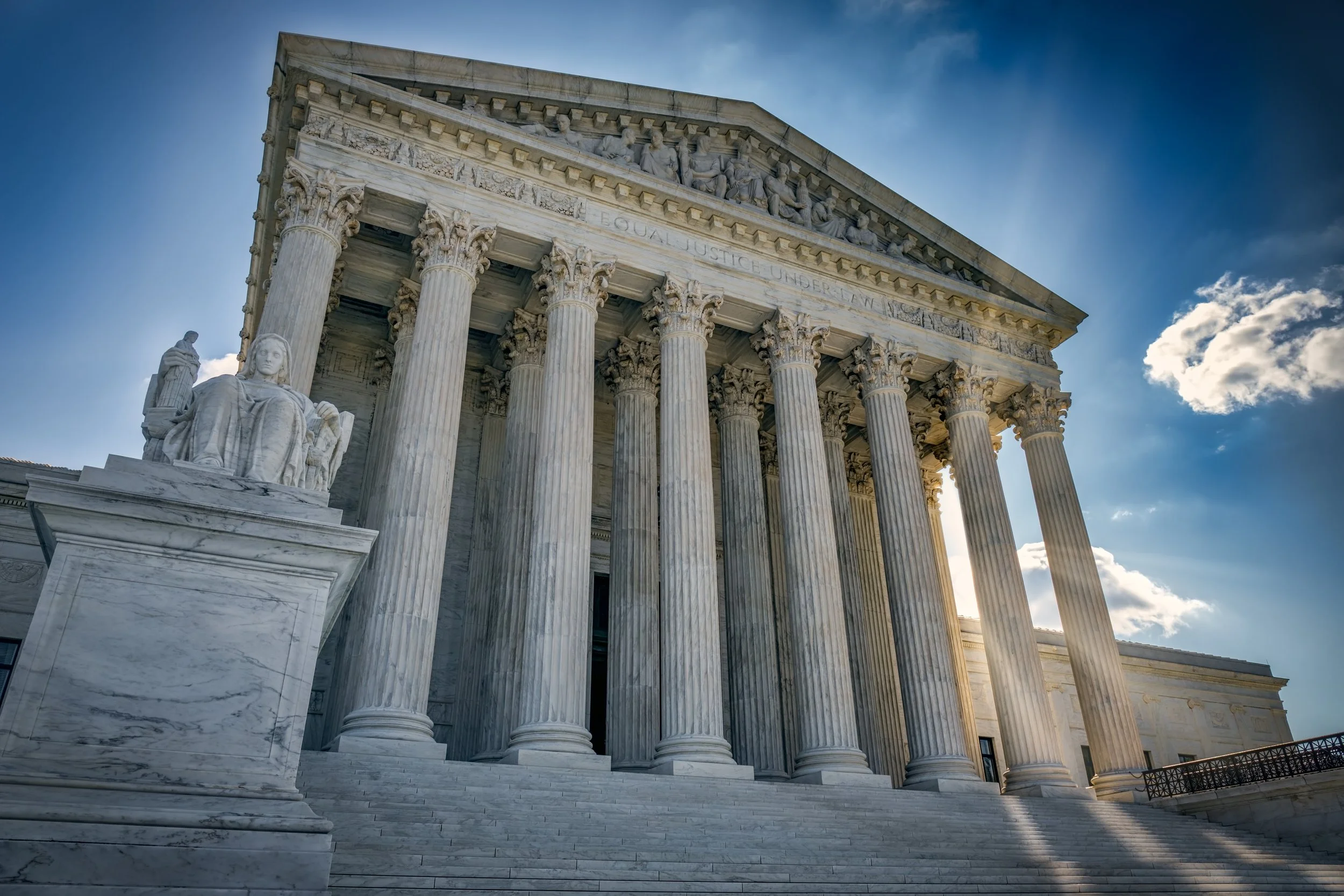I try to keep an eye on various health-related public policy trends, on both the state and federal levels. It’s in my personal, educational, and professional blood. Every once in a while, a Supreme Court case will pique my interest, as well. I’m not sure what that says about me, especially these days.
Recently, I attended a briefing that made me aware of a case before it hit the Supreme Court. It caught me by surprise because it had progressed to a point where I thought it would have gotten some news coverage. General consensus is that it is too complicated to fit in the average sound bite.
But not for a blog post. Let me introduce you to Braidwood Management vs. Becerra.
In a nutshell, Braidwood is challenging preventive services coverage required by the Affordable Care Act. These include screenings for certain kinds of cancer, diabetes, high blood pressure and cholesterol, and other diseases, both common and uncommon; vaccines ranging from those required for kids to attend school to the annual flu shot; counseling for issues such as quitting smoking, losing weight, and treating depression; and several maternity and well-baby/well-child services.
If successful, this challenge would affect the 151 million people who rely on preventive services provided by various free clinics, and those who have employer-sponsored group insurance.
The trigger was an employer, Braidwood, refusing to pay for HIV prophylactic treatment PReP because it didn’t want to be “complicit in facilitating homosexual behavior, drug use, and sexual activity outside of marriage between one man and one woman.” The argument has two components: 1) that it should be elected officials and not agency employees who make the recommendations of what is covered (this violates the nondelegation doctrine, which theoretically limits the responsibilities Congress can delegate to the executive agencies), and 2) covering PReP violates the plaintiff’s religious rights.
In the most recent decision, a federal judge in Texas came down partly in favor of Braidwood Management and partly in favor of the Department of Health and Human Services. He agreed that the government can’t require no-cost coverage of certain preventive services (this list) because the members of the recommending task force are not directly appointed by the President. (The Agency for Healthcare Research and Quality, which is authorized by Congress, convenes the task force.) He also ruled that forcing an employer to cover PReP violated the employer’s right to religious freedom.
I don’t think I need to convince my fellow patients of the dangers of less accessible (more expensive/not covered) preventive care – delayed diagnoses, vulnerable populations unable to get vaccines, etc.
It’s not all bad news. It’s a lot of bad news, but not all. The judge did not rule that services provided to women, babies, and children to be unconstitutional. He also declined to put an immediate injunction in place, no doubt expecting HHS to appeal the ruling. Additionally, according to a recent survey by the Employee Benefit Research Institute, 80% of employers will not impose cost-sharing on their employees for preventive services if the ruling stands.
But if the ruling does stand and insurance carriers to start choosing to charge for or limit access to preventive services, the states could step in. States, especially the ones who run their own healthcare exchanges, may already have laws that require no-cost preventive services. For those that don’t, the state legislatures can pass the requirement.
If you can, keep an eye on this one. You can get updates here.

